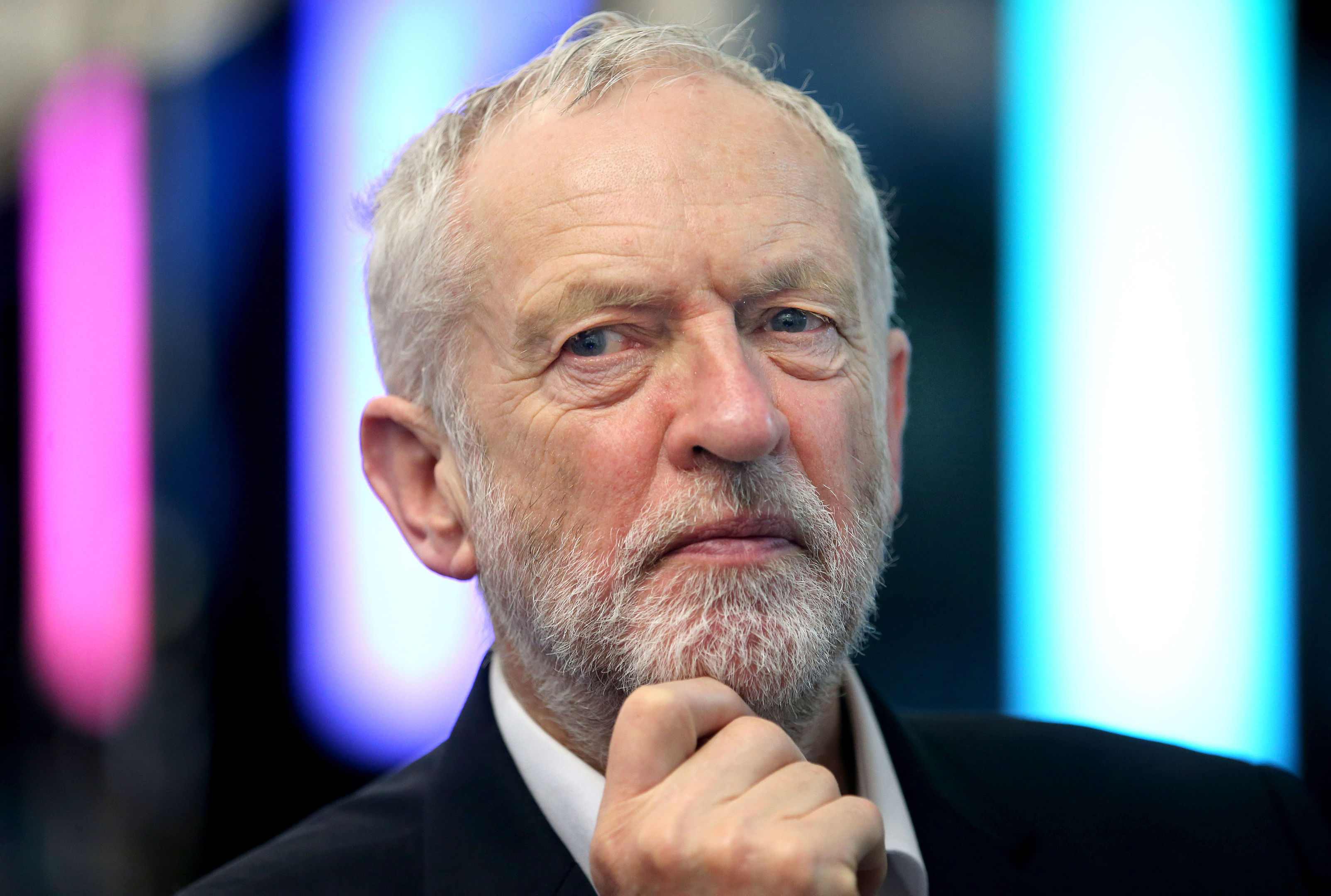
AS the anti-Semitism row continued to engulf Labour last week, a committed party stalwart, and a passionate supporter of Palestine, told me she felt like she was living in the time of McCarthy.
She felt censured. Unable to defend the injustice in Gaza. Silenced about the causes that had brought her into the party in the first place. She was genuinely afraid that she would be labelled an anti-Semite.
She isn’t and, let’s be clear, Labour is not rife with anti-Semitism. Its members do not hate Jews. Many are Jews. But judging by the headlines, the public spats and the social media feeds, the party seems consumed by little else.
This may be the most bonkers time in global politics and the accompanying rise of the far-right, but for the most left-leaning Labour leader in the UK for some time to be accused of being a racist, and from within his own ranks, surely takes the biscuit?
And while no one is saying that the whole issue has been manufactured to discredit Corbyn, there are obvious reasons why some within Labour would use this opportunity to do him down and that should at least be acknowledged if the real extent of any real problem of anti-Semitism is to be properly gauged and purged.
Scottish Jewish leaders urge Labour party to take a stand on anti-Semitism
At its core, is the fact that Labour undeniably has a problem with Israel. And while, the party has long supported both Israel’s right to exist and a sympathy to the Palestinian cause, for some there will always be a problem in squaring that circle.
And perhaps that frustration is not always expressed in the right words but the fact that it is necessary for Labour to clarify where it stands on bigotry is testament to the appalling inability of Jeremy Corbyn to show leadership on an issue which ironically, we are told fuels his political conviction – the fight against all kinds of racism.
His Guardian article yesterday patently – and utterly predictably – failed to convince his Jewish critics or ease their concerns. Corbyn has been called an anti-Semite and a racist to his face by the Jewish Labour MP Dame Margaret Hodge. And that must hurt. But he can perhaps take succour in the fact that the focus of Hodge’s ire was not in his adoption of the 38-word International Holocaust remembrance Alliance (IHRA) definition of anti-Semitism but in his reticence to accept the accompanying guidelines in their entirety.
In this, he is not alone. It is widely acknowledged that the IHRA definition is not perfect and the examples of how it can be used, particularly in relation to any critique of Israel, have been questioned.
And so Corbyn is right to consider carefully the consequences of an imperfect definition but he should have addressed concerns, particularly among Jews, head-on.
When real opposition and genuine leadership is demanded as our country hurtles towards a cliff-edge Brexit, the self-immolation of Labour is a dangerous indulgence.

Enjoy the convenience of having The Sunday Post delivered as a digital ePaper straight to your smartphone, tablet or computer.
Subscribe for only £5.49 a month and enjoy all the benefits of the printed paper as a digital replica.
Subscribe